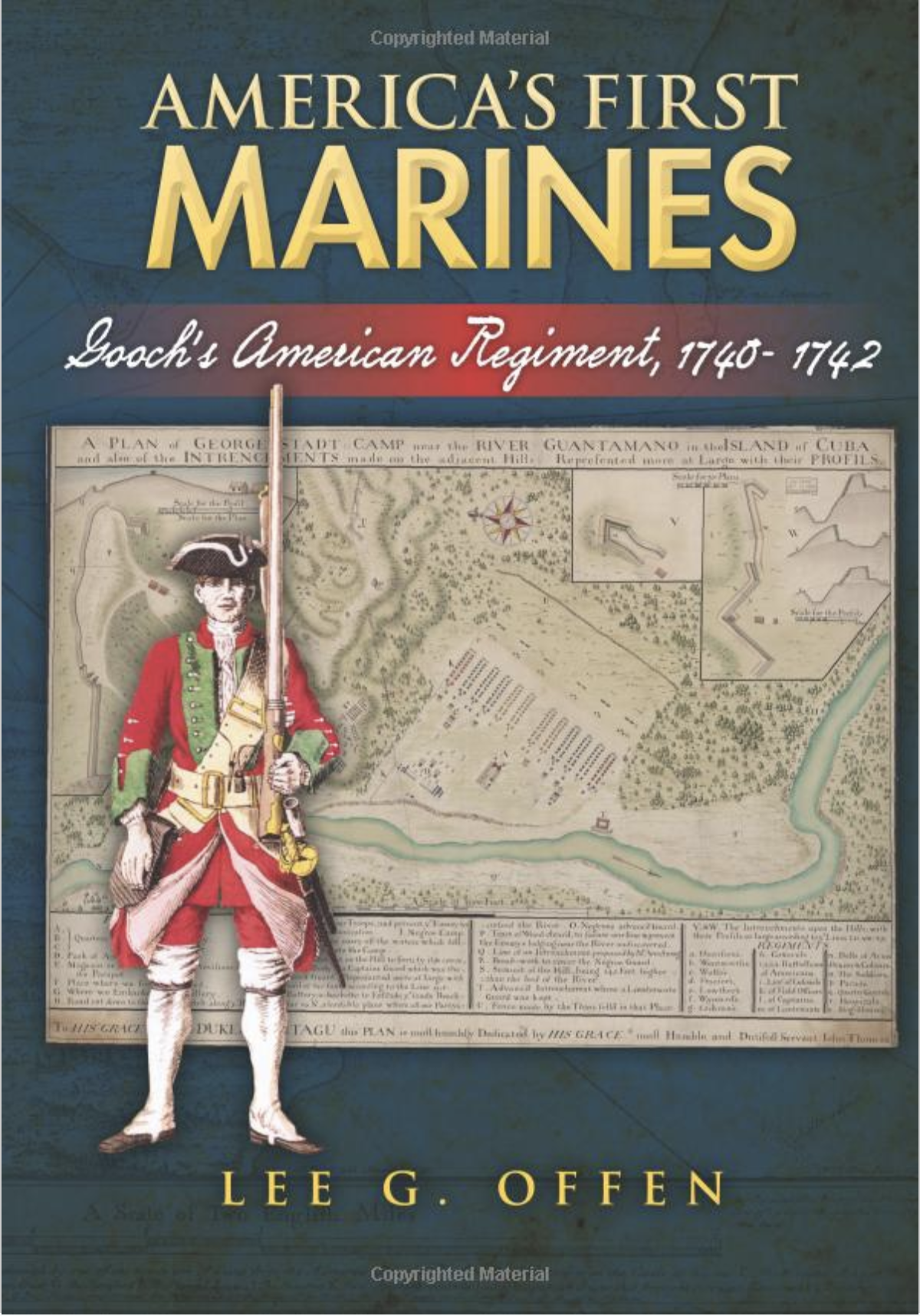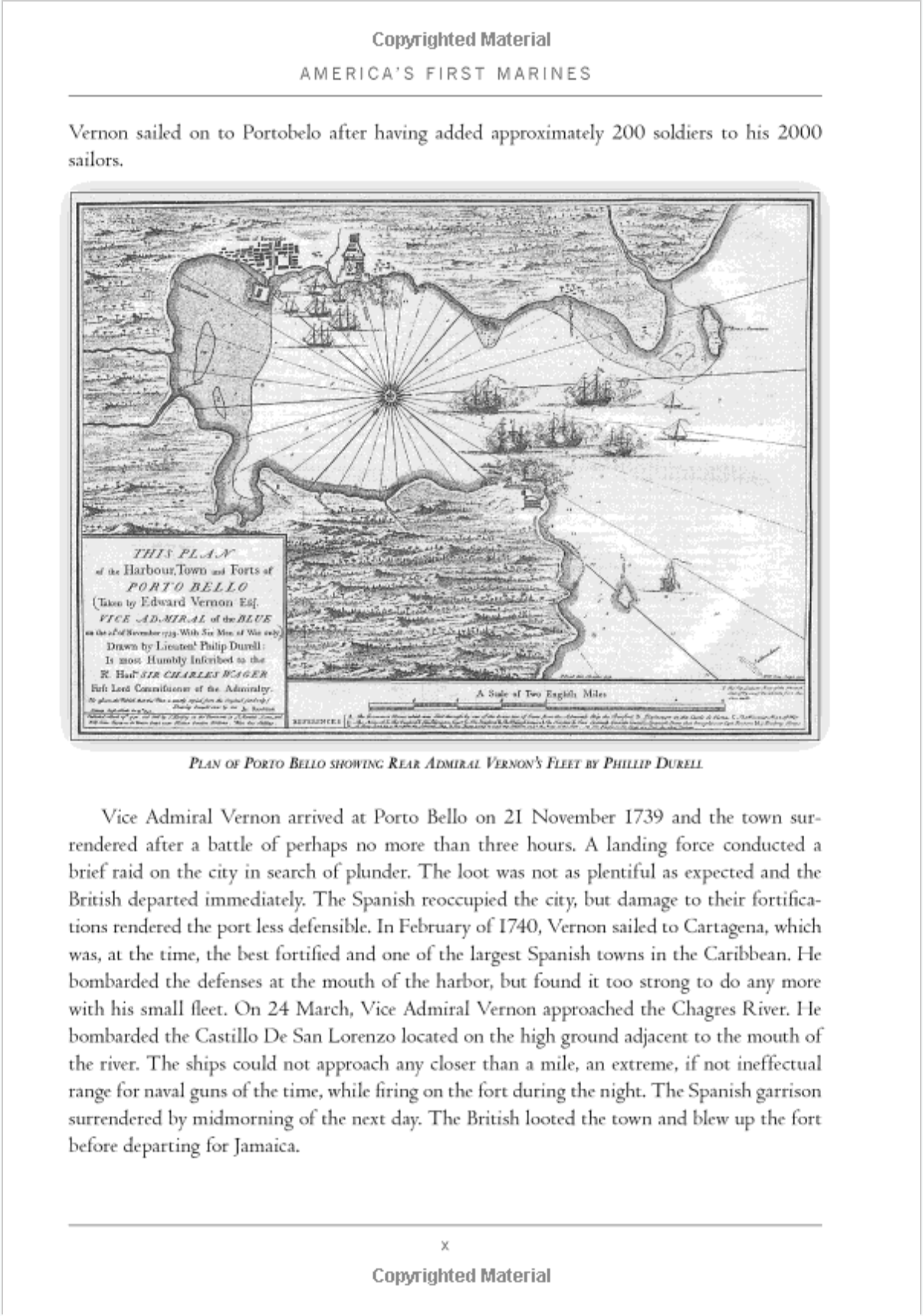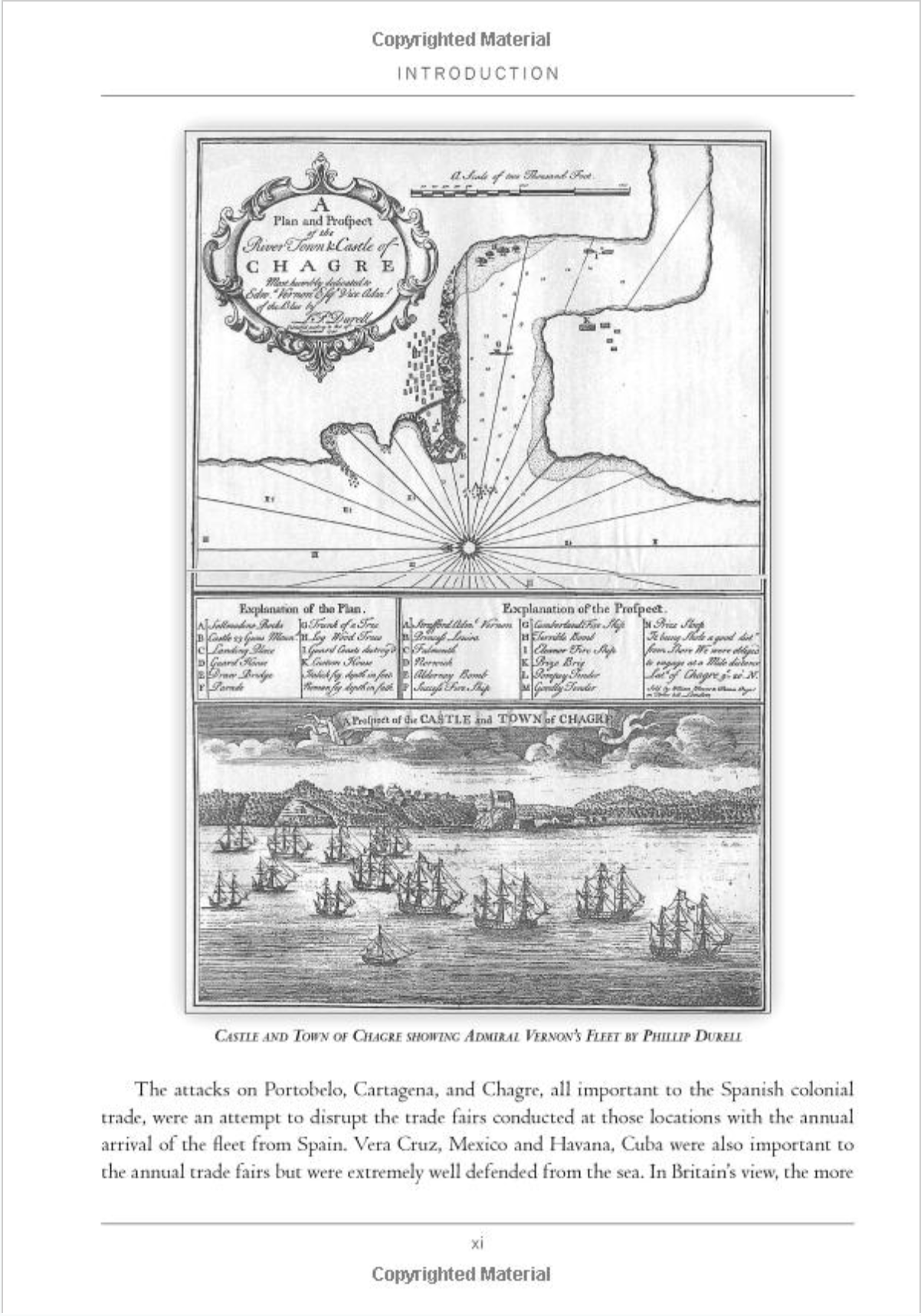America's First Marines



Now for sale on Amazon.com
The first ever comprehensive regimental history of America’s First Marines.
Making extensive use of primary source material as well as secondary sources and analysis, this is an account of how the regiment was organized, equipped, who served and their exploits until the regiment was disbanded. From this account we get a glimpse of how these men, and their fellow colonists saw themselves, as they formed a separate identity ... becoming "Americans".
When I call Gooch’s Regiment “America’s First Marines” what do I mean?
Gooch’s Regiment was raised in nine North American colonies and placed on
the British Army Establishment as a Regiment of Foot, but in the 18th
century, the definition of marine was based on what they did. Since the
late 17th century both Foot Regiments and Marine Regiments were
responsible for executing shipboard operations such as ship to shore
operations, boarding party operations, assisting in ship-to-ship
operations with small arms fire, and assisting with the ship’s guns.
Sometimes, as a last resort, Marines also served as sailors but this seems
to have been the exception. The fact that the men of Gooch’s Regiment
served as sailors to such a great extent and for so long seems to be very
unusual.
In the 17th and 18th centuries, Marine Regiments were raised,
typically from Foot Regiments and local levies, whenever Britain went to
war. Marine Regiments were raised to take the fight to the enemy on the
sea and not to serve as garrisons in Britain and its colonies, like so
many of the Foot Regiments, and as a result were seen as elite formations
in the British Army Establishment. The men of Gooch’s Regiment no doubt
took great pride in calling themselves, and being called by others
“Marines.”
The identification of Gooch’s Regiment as an “American Regiment”
came from the leadership of the expedition, the men of the regiment and
the media of the time. They were the first military formation described as
such, since the first colonists landed in North America. It is a
distinction worth noting because it was the first time it was made and
clearly not the last. Had the Regiment been seen as a British Regiment,
their hardships might have not been taken to heart by the American
colonists and made the lasting impression they did.
